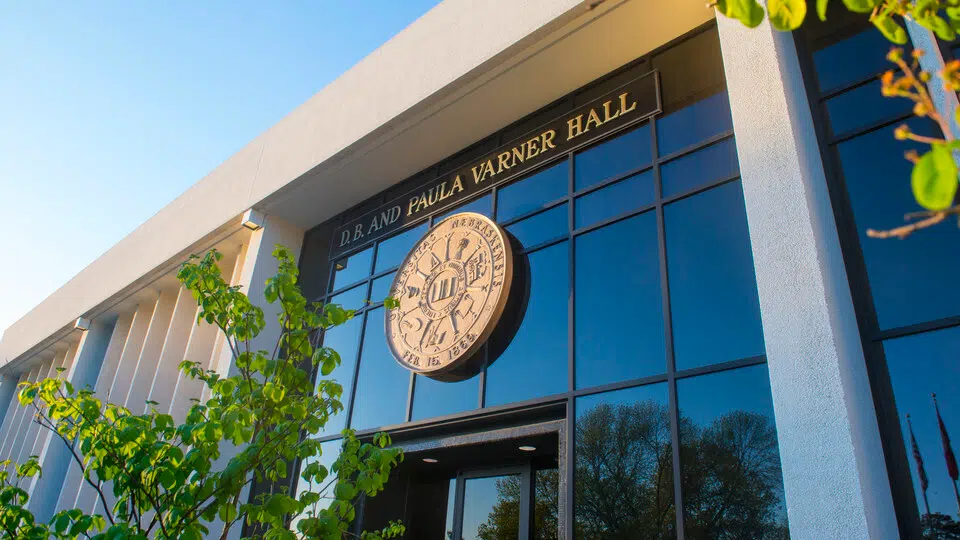University of Nebraska students now have the opportunity to study esports media and artificial intelligence after the NU board of regents officially established course curriculum for both subjects, during a Thursday morning board meeting.
The new undergraduate certificate in esports media and communication will be administered by the College of Journalism and Mass Communications at University of Nebraska-Lincoln, and comprised of existing coursed offered by the college. “Esports” is short for electronic sports, and refers to competition in video gaming. Esports often takes the form of organized, multiplayer video game competitions, particularly between professional players, played individually or as teams.
“Esports is a rapidly growing industry with an audience expected to reach at this 1.41 billion users by 2025,” said NU Systems President Dr. Jeffery Gold.
The 15 credit-hour in-person certificate will prepare students for careers related to esports in the areas of media, communications, and promotion. The certificate will be open to UNL students in any major as well as open to non degree students. The board unanimously approved the motion to establish the certificate.
The board also established a new Bachelor of Science degree in Artificial Intelligence (AI). Courses will be taught by the Department of Computer Science in the College of Information Science and Technology at the University of Nebraska-Omaha, but will draw upon the coursework of the UNL’s data science degree.
Students in this degree program will focus on AI and machine learning, and the continued to evolution of the field.
In introducing the motion, Gold said the board received several letters of endorsement for this program from business leaders across the Omaha area and he was “personally very excited about the program.”
“Number 1: it addresses a significant current and future workforce need in our state. And number 2: it represents the kind of collaboration between our campuses that will get us to the very best outcome for our students,” said Gold. “Artificial intelligence, or AI as we know it, is changing literally by the minute. It is almost certain to change every aspect of our lives, from the way we work to the way we interact with each other and spend our time. That’s both exciting and a little bit scary. But there’s no question that this technology and what it brings with us is here to stay. So the University of Nebraska needs to be on the cutting edge in preparing students not only to work in a world that is shaped by AI, but to lead in that world.”
UNL Chancellor Rodney Bennett expressed his support for the new degree.
“This is a landscape for the future that we all have a part in, as there will be few areas of our society that are not profoundly affected in some way by the need to navigate, to incorporate, to innovate, and to contribute to the way that big data affects the lives of Nebraskans and the economy,” Chancellor Bennett said. “The application of AI is already impacting the areas that matter most to the university system, including transformative agriculture, global health security, national security, and more. This will continue to be a very important area that all of us will need an opportunity to join the space that Chancellor Lee and the team at UNO are in.”
UNL Student Regent Elizabeth Herbin also expressed support on behalf of the NU student population.
“The UNL student body is looking forward to this collaboration and we’re really excited to see this present on our campus,” Herbin said. “It provides Nebraska with a unique opportunity to be innovators in the field, especially due to the pace that it’s developing in the country.”
The board unanimously approved the motion to establish the new degree.
Following approval, Gold said his office has established a working task group to look at the use of generative AI across the fields of education, research and engagement with the university. The group will study where and how AI will enhance the University’s business and finance and administrative activities.
“At the same time, the group will look very carefully at the ethics, misinformation and disinformation components that may be associated with AI. Each of the campuses, including IANR, will be represented by some of the best and brightest of our faculty and staff and technology leadership in this area,” Gold concluded.







